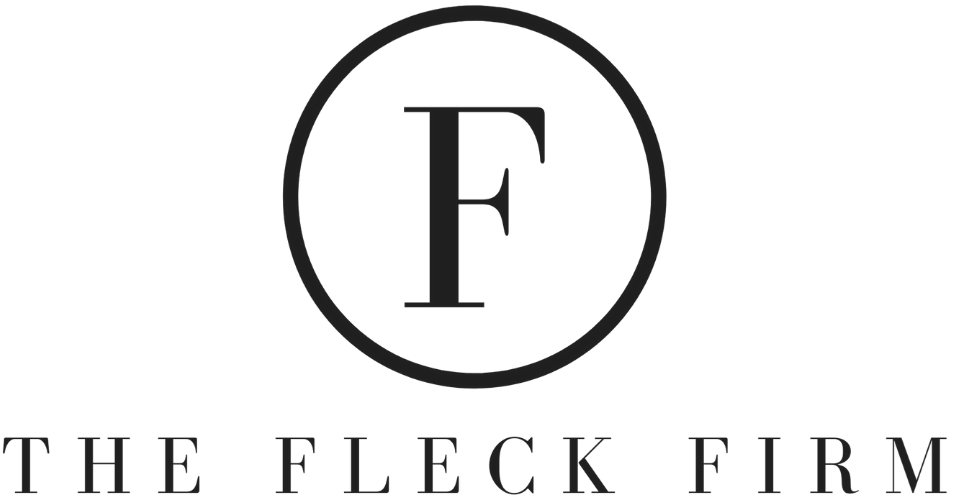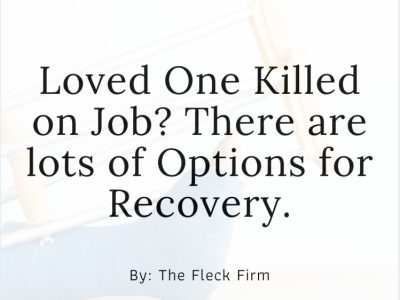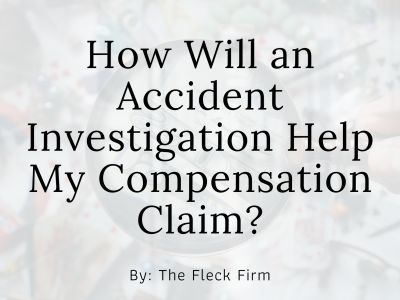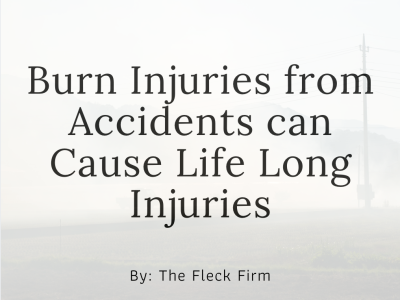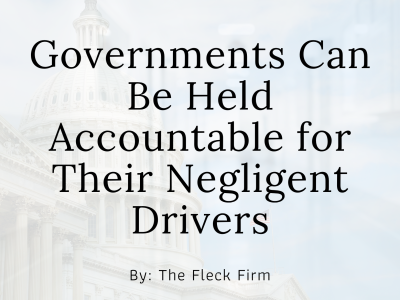Depending on the accident cause and who was involved, you may be able to collect more compensation than you think. Workers’ compensation has limited death benefits for family members. A wrongful death lawsuit may provide a settlement or jury verdict far beyond what it offers.
Twenty-Eight-Year-Old Man Dies on the Job in Northern Kentucky
James McSwiney was working in Union on April 23, according to WLWT. He was on a dump truck trying to repair a hydraulic line when it blew. The bed was raised at the time, it fell, and killed him. The federal Bureau of Labor Statistics estimates that 91 people suffered fatal work-related injuries in Kentucky in 2023, which is nearly two deaths a week.
The AFL-CIO reports that for 2023 in the US:
- On average, 385 workers died daily due to hazardous working conditions
- 5,283 workers were killed while on the job
- About 135,304 workers died due to occupational diseases
Under Kentucky’s workers’ compensation system, his estate will be paid a lump sum if it hasn’t been paid already. According to his obituary, he was single and without children. If he were married and had kids, they would qualify for benefits, which would be based on a percentage of his income. His parents and siblings may also qualify for benefits. There are various qualifications and limits to these benefits.
Depending on the facts, his surviving family members may receive greater compensation through a wrongful death lawsuit, which they may be able to file in addition to getting workers’ compensation death benefits. The personal representative of the deceased’s estate has a year from the date of death to file a lawsuit.
Other attorneys take contingent fees of 33% to 50% of your settlement.
We want you to keep more of your money.
Our contingent fee is only 30% on cases settled prior to filing suit.
State Statute Drives Kentucky Lawsuits
Kentucky law states that a death caused by an injury because of another party’s negligence or wrongful act can be the basis of a lawsuit seeking damages (a wrongful death claim), which could be recovered from the person responsible for it or their agent or employee caused it. The legal action would be filed by the deceased’s estate’s representative. Punitive damages may be recovered if a willful act or gross negligence causes the fatal injury.
The wrongful death case could be brought if there’s a responsible party outside the employer. If management or a co-worker caused the accident and death, the family is limited to workers’ compensation benefits. If an outside party is at least partially to blame, a wrongful death lawsuit may be an option.
In this case, if the hydraulic line was defective, the parties making, distributing, and selling it may be defendants. If the line was improperly installed by a party hired by the employer to maintain or repair the truck, they might be a defendant. If the dump truck was the problem, those making and selling it could be defendants. As you can see, a thorough and prompt investigation into the accident is critical to protecting your rights to compensation.
Who is a Personal Representative?
A court appoints them. They are responsible for the estate, a legal entity created to own all the deceased’s assets and be accountable for their debts. You can nominate someone for this job through your will. If there is no will, a family member or friend typically comes forward and asks the court to be appointed. Whether you have a will or not, the court ultimately decides who plays this role.
Your personal representative would decide whether or not to pursue a wrongful death case. If so, they act as the lawyer’s client and make critical decisions. They determine the case’s priorities and goals, whether to settle (and if so, for what amount) or bring the case to trial.
The personal representative has a legal duty to act in the estate’s best interests, so these decisions shouldn’t be made lightly. If decisions aren’t made in the estate’s best interests, those who would inherit from the estate could potentially sue the personal representative and hold them accountable.
What are Punitive Damages? When can They be Awarded?
Personal injury lawsuit damages compensate the plaintiff for their losses. They can be wages lost because the person was unable to work, out-of-pocket costs of medical care, and payment for damaged or destroyed personal property. Damages also include payment for pain, suffering, psychological harm, and the adverse effects on the person’s relationships with others. The damages in a wrongful death case are the same as if the person survived their injuries and sued the defendant.
Punitive damages punish dangerous, reckless, or intentional behavior. They’re meant to discourage the defendant and others like them from making the same decisions and taking the same actions. They may apply in negligence cases when there’s extreme indifference to the consequences to the victim or if the defendant intentionally harmed the victim.
Punitive damages are difficult to get because they are reserved for extreme cases. The estate must prove by clear and convincing evidence that the defendant acted toward the victim with “oppression, fraud or malice.” This clear and convincing standard of proof is far higher than proving liability in a personal injury case, where liability can be proven when the plaintiff shows it’s more likely than not that the defendant was negligent.
Depending on the evidence, punitive damages can be substantial because the defendant’s actions were extreme, they resulted in the victim’s death, and society (through the courts) wants to punish and discourage this behavior.
Who Receives the Settlement or Jury Award from a Wrongful Death Case?
The amount recovered, less funeral expenses, the costs of administering the estate, and those associated with the lawsuit (including attorney fees) would go to the deceased’s family members in this order:
- If the person was married, it goes to the surviving spouse
- If the person was married and had children, the surviving spouse gets half, and the surviving children get the other half
- If no surviving spouse, the recovery goes to the surviving children (if any)
- If no surviving spouse or child, it goes to the surviving parents
- If no surviving spouse, parent, or child, after the administrative costs and the deceased’s debts are paid, the surviving next of kin, as defined by the state’s probate laws, gets the recovery
A personal representative should have an attorney help them in these cases. Depending on the evidence, the lawsuit may produce a substantial amount of money, and they must ensure the right people receive the proceeds.
Free Consultation
Contact us today for a free consultation to see how we can put our years of experience to work for you.
Contact Us Today
The Fleck Firm is here to help you, whether you’re a personal representative of an estate or a surviving family member. If the deceased of an estate you represent or a family member was fatally injured at work, contact The Fleck Firm today at (270) 446-700 or fill out our online contact form so we can discuss whether a wrongful death claim might be an option. Remember, insurance companies have lawyers. You should have one too.
